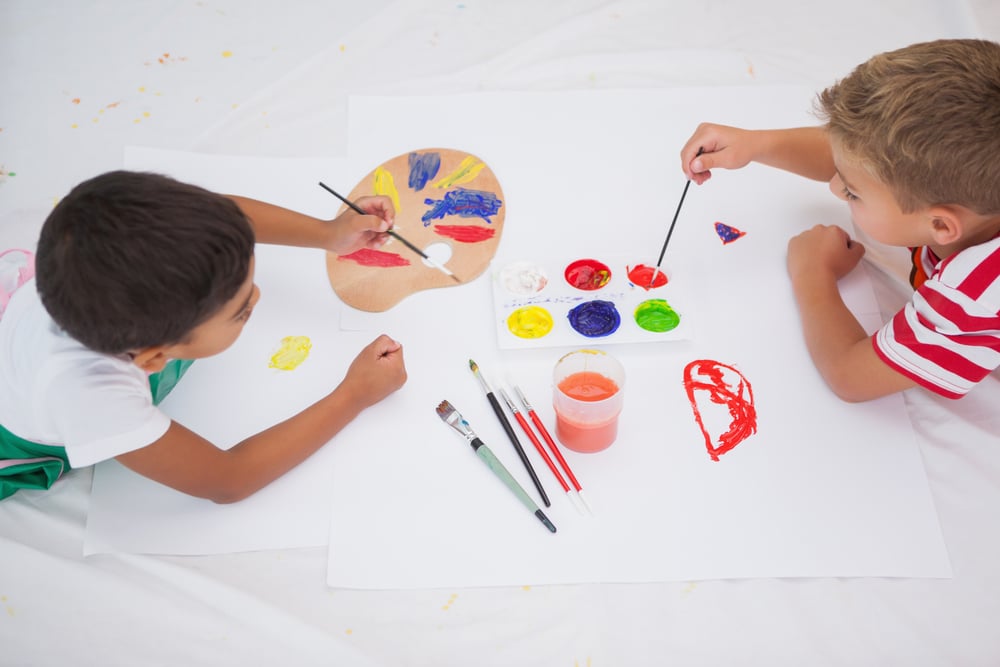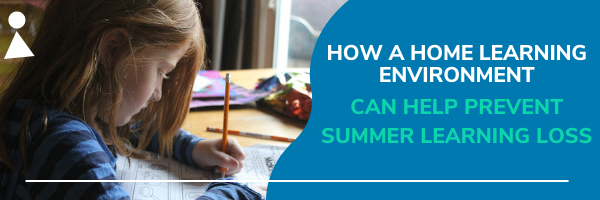Report Cards
It is that time of the year where children across Canada are receiving their report cards. For parents, it is their first glimpse of how their children are progressing this academic year. Although receiving report cards can be a nerve-wracking experience for both children and parents, it is an essential tool for teachers to let parents know how their children are performing in school, identify their strengths, and see where they need to improve.
Understanding report cards
For some parents, interpreting their child's report card may be difficult to understand. We felt the best way to help parents and teachers was to provide some resources that would explain report cards, how they work, and what they mean.
A report card is a document that parents or guardians are sent from the school detailing a child's academic performance up until that point within the school year. There is a lot of valuable information on a child's report card such as grades, comments, insights, plus much more. Every province's report card looks different, so it is important to understand what you are looking at and what to look out for. Click on the link for your province below to understand your child's report card.
Alberta
British Columbia
Manitoba
New Brunswick
Newfoundland and Labrador
Nova Scotia
Nunavut
Ontario
Quebec
Saskatchewan
Yukon
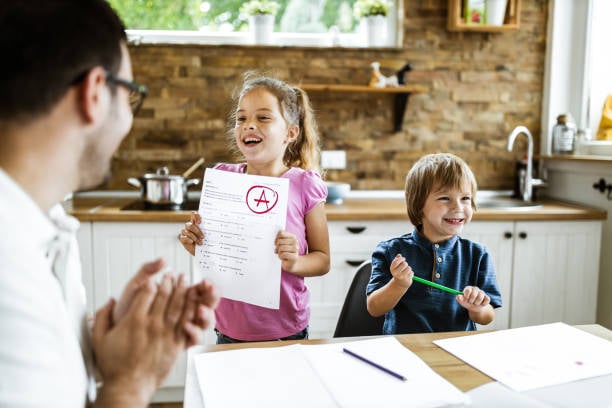
What Do You Need to Look for on Report Cards?
Firstly, look out for comments. Teachers spend time writing out important detailed information about your child, how they are doing, where they are doing well, and where they can improve, in each of their subject areas. This is important as it helps you the parent know what is going well and where your child may need additional help. It is important to read these through carefully and take necessary action if needed.
Studying your child's report card is important especially if there are parent-teacher meetings shortly after they are sent home. It gives you the opportunity to discuss with the teacher how your child is performing collectively and why. A plan can also be built with the teacher. Not understanding the report card before these meetings could mean that much of the discussion is reiterating what was within the report. A report card is a tool of assessment and should be used to further your child's development, actions must be taken collectively by parents, teachers and the child to help children further succeed.
In addition to comments, there may also be grades, and averages in relation to the rest of the child's class in each subject area present on the report card. This is not only a fantastic way to see how your child is doing, but also a great way to see how they are doing in relation to peers in the same class to see if they are on par, overperforming, or falling below average in their class group.
What to do next?
It is important to understand that a report card is a tool and action must be taken to help children further their development and learning. Depending on what is present on your child's report card the following action might want to be taken.
Once you have reviewed and understood your child's report card, it is important to plan future action. It is important to make short-term goals for the next term and long-term goals into further academic years and potentially beyond. Putting together plans with your child's teacher and your child will help create a strategy where everyone is on the same page, understands the plan and the end goals.
It is important to remember that every child learns differently and what might work for one child might not work for another, even in the same household. Try using different methods to encourage children to learn and see what they like and what works best for them.
Making sure that your child has access to all the tools, resources, books, and equipment they need to help them learn will help them to further their development and improve academically.
At Scholar's Choice, we have everything your children need including resource books, ebooks, workbooks, equipment, educational games, FREE resources plus much more. Discover all of the incredible items that are available for all of your children's classes.
We hope we have helped you to better understand your child's report card and given some insight into how to create a plan to help your children to improve their academic performance.
BLOG FAQ
Understanding and Making the Most of Report Cards
-
What is a report card, and why is it important? A report card is a document sent from the school to parents or guardians detailing a child's academic performance during a specific period. It provides valuable insights into a child's strengths, areas for improvement, and overall progress in school, serving as a crucial communication tool between teachers and parents.
-
What should parents look for on their child's report card? Parents should pay close attention to comments provided by teachers, which offer detailed information about their child's performance, strengths, and areas needing improvement in each subject. Additionally, they should review grades, averages, and comparisons to peers within the class to gauge their child's academic standing.
-
How can parents effectively interpret and utilize their child's report card? Understanding the contents of the report card is essential, especially before parent-teacher meetings. By comprehending the information provided, parents can engage in meaningful discussions with teachers, identify areas for growth, and collaborate on developing strategies to support their child's academic progress.
-
What actions should parents take after reviewing their child's report card? After reviewing the report card, parents should collaborate with teachers and their child to establish short-term and long-term goals for academic improvement. Creating a comprehensive plan ensures that everyone involved is aligned and committed to supporting the child's educational development.
-
How can parents further support their child's academic success beyond understanding the report card? Parents can play a vital role in their child's learning journey by providing access to necessary resources, creating a conducive learning environment at home, and exploring various teaching methods to accommodate their child's unique learning style. Additionally, utilizing educational tools and resources available at Scholar's Choice can enhance children's learning experiences and academic performance.


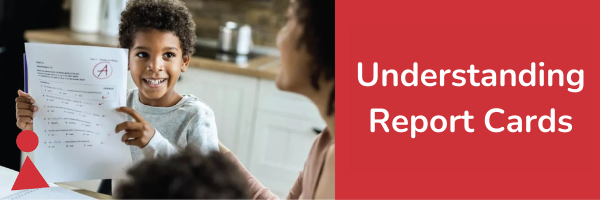
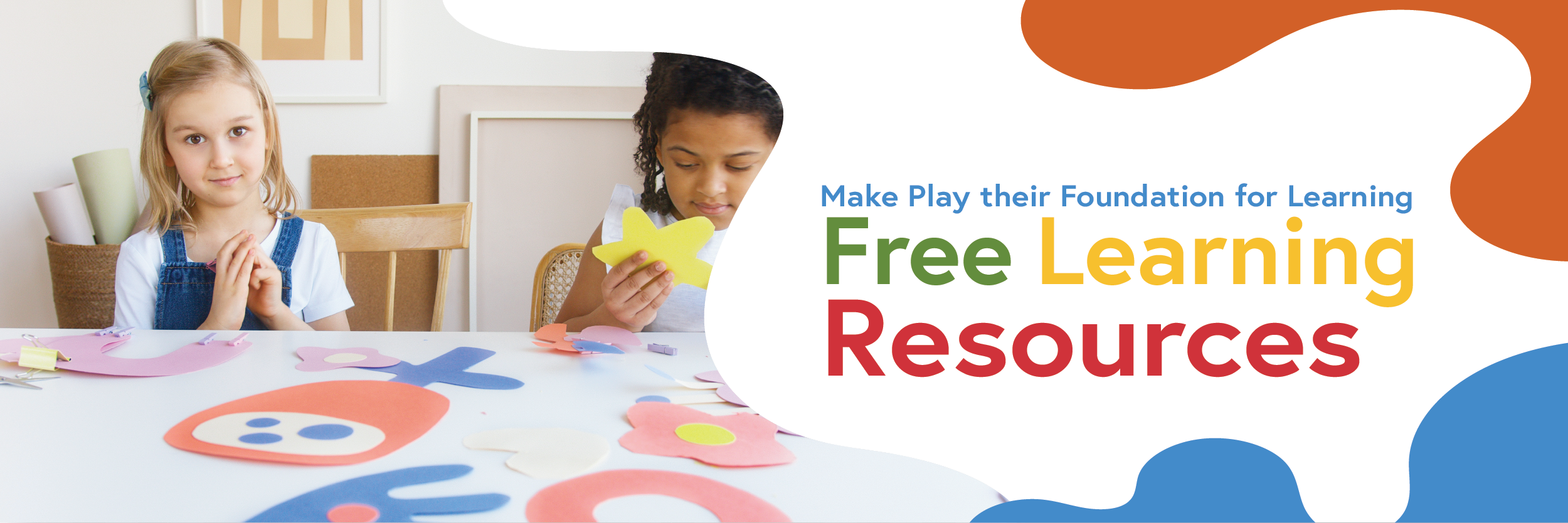

.png)

